
Laughter is a universal language, the easiest way to communicate without speaking a word — that, and a smile, of course. What we laugh about, however, is often subject to some geographic variables. As a traveler, there’s no quicker way to bond with a stranger than over a shared joke or a witty aside, so we’ve created a guide to styles of humor all around the world. From British sarcasm to Aussie banter, here’s how to laugh it off in nine countries.
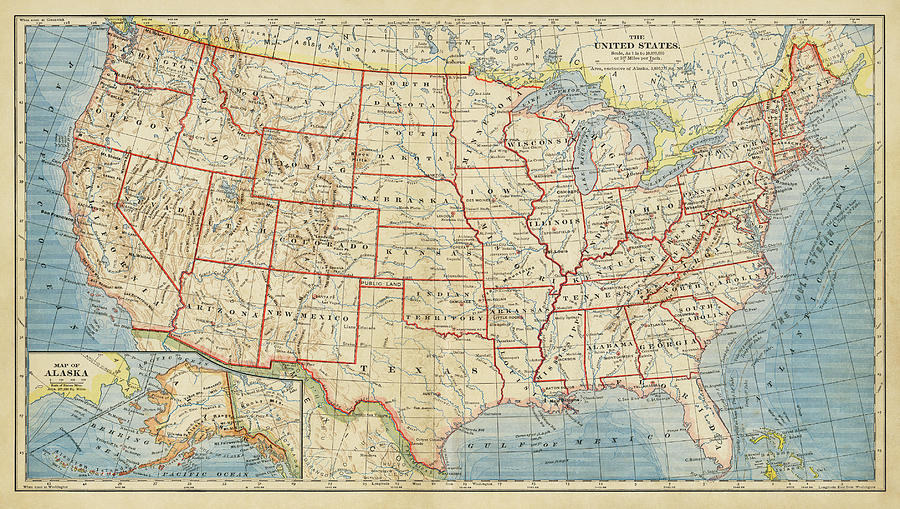
USA
Wiliam Faulkner once stated that “We have one priceless universal trait, we Americans. That trait is our humor.” And while the vastness of the US ensures that the Southern gothic humor of the Mississippi-born novelist varies from the neurotic wit of New Yorkers, his observation nevertheless rings true. Americans love a laugh, and when it comes to comedy, the broader, the better — slapstick was invented in the US in the 1890s. And the joke is usually on us. Americans are famously informal, and our humor is equally unpretentious — a self-deprecating aside is a favorite method for lightening the mood.
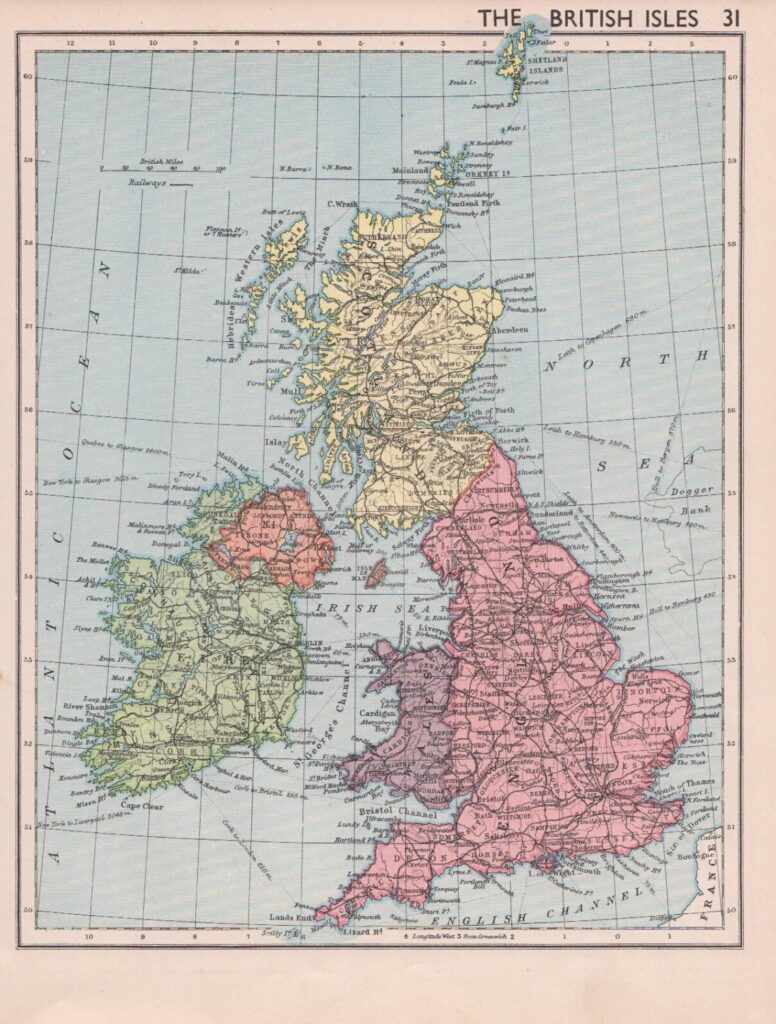
United Kingdom
George Bernard Shaw observed that “England and America are two countries separated by the same language” — and, when it comes to humor, certain elements are occasionally lost in translation. The famously acerbic British wit is dry as a gimlet, with a storied history of irony and satire (The Canterbury Tales is an exercise in absurdity). To visitors, this mocking humor can inadvertently cause offense, and yet, banter in Britain is a national pastime. In the words of John Cleese: “An Englishman would rather be told he’s a bad lover than he has no sense of humor.”
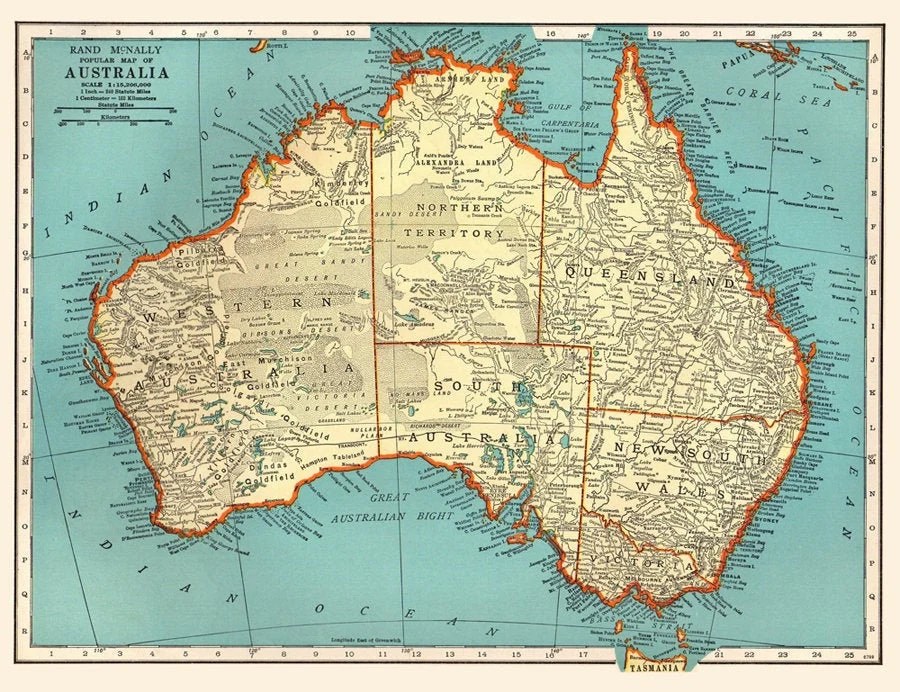
Australia
When you head to the land down under, you’ll know you’re in with your newfound mates when they make fun of you. Good-natured teasing is a sign of friendship, delivered in unique Aussie slang — don’t be a bludger (lazy) or a bogan (uncouth). And often, the joke is also on the joker — self-deprecation and sarcasm are traits shared with the Brits (which makes sense, given Australia was founded by England in 1788). And you can attribute the Aussie fondness for dark humor as a coping mechanism for surviving in a country with the deadliest animals in the world.
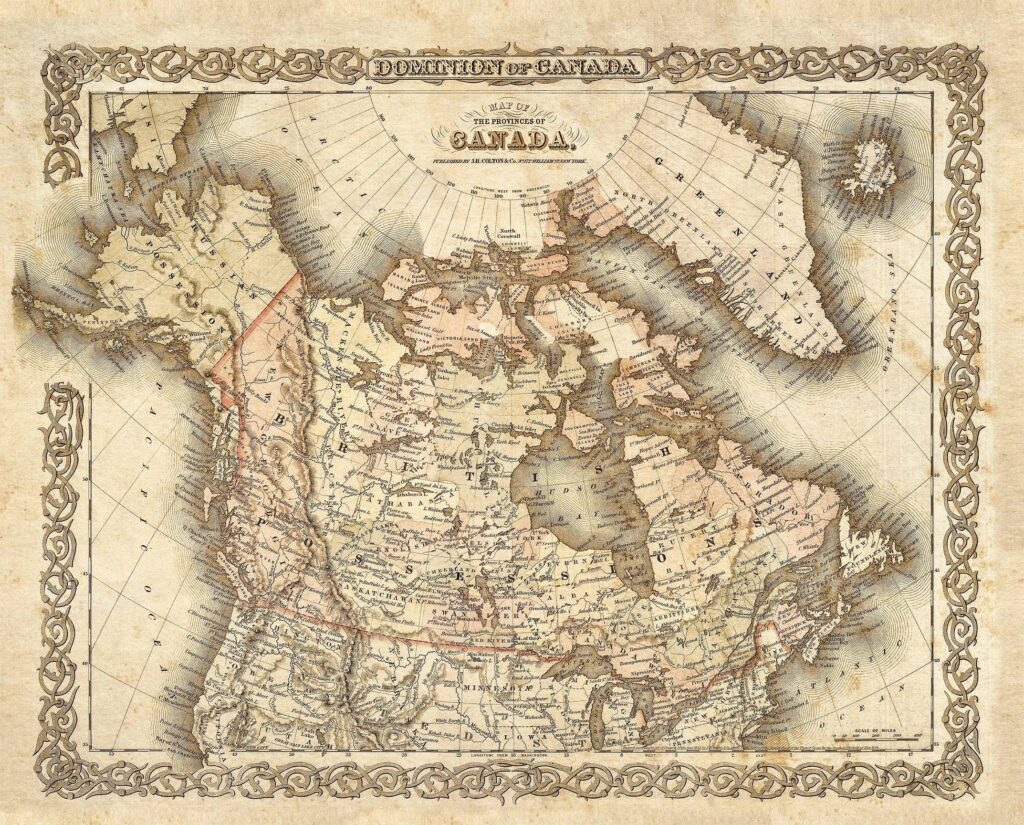
Canada
Canadians may have a reputation for being overly nice, but in the eyes of many of our northern neighbors, it’s Americans whose humor is too painless and polite. Indeed, Canadian humor is often much more ironic and incisive in its satirizing of traditional social norms. Some believe this biting sense of humor derives from the country’s relative isolation — 80% of Canada is uninhabited. Yet, even at its most absurd and hyperbolic, that Canadian friendliness shines through. What better example than Schitts Creek, which parodies the privileged rich outcast family to no end while humanizing them at the same time?
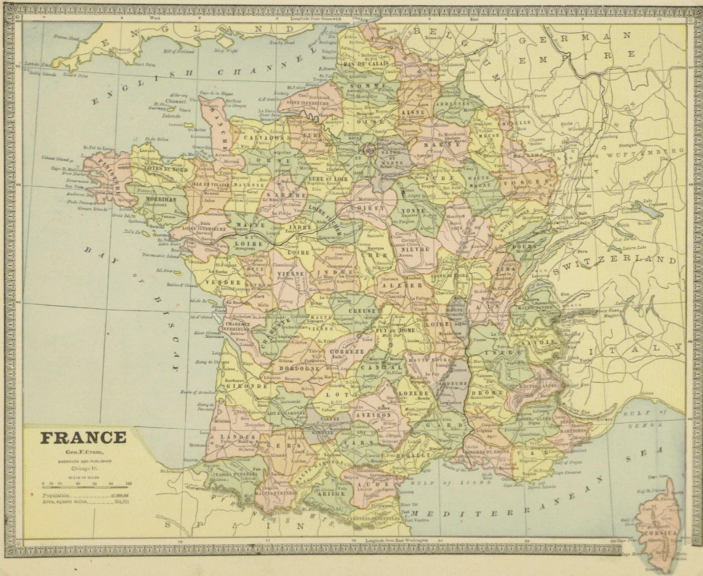
France
The French sense of humor is bold and irreverent, with an appreciation of the absurd — and their love of farce dates back to the 15th century when the term was first invented in France. As opposed to the broad strokes of American comedy, French humor tends to be more deadpan (don’t expect the joker to laugh at their own joke), and witticisms lie within the verbal back-and-forth of various “jeu de mots” (play on words). But not all French humor is chicly sophisticated — the French invented the term “buffoonery” and adore “l’esprit Gaulois” (gallows humor).
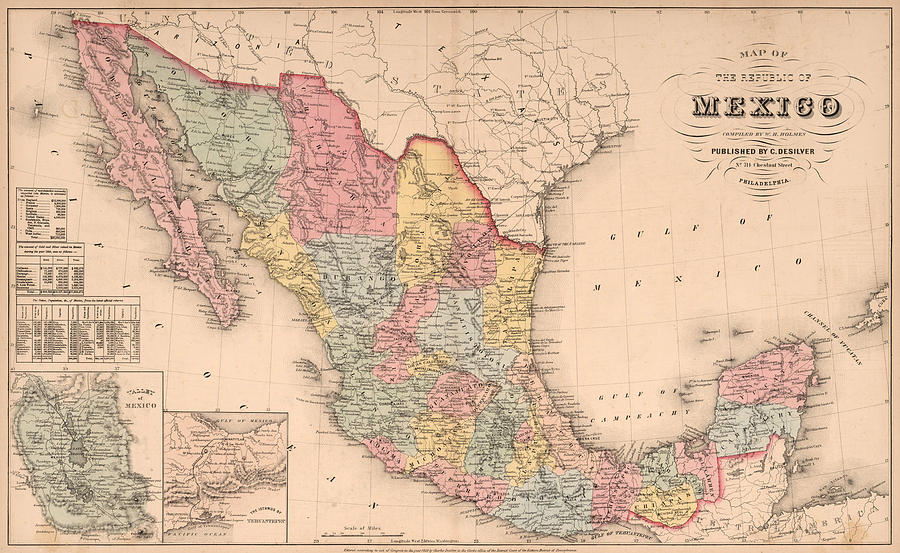
Mexico
In Mexico, humor isn’t just about getting through the day, it’s a matter of life and death (literally). “El Colmo” jokes, which find humor in the worst possible scenarios, are very popular (‘un colmo’ translates, roughly, to ‘the last straw’). Satirizing life’s futility is a Mexican tradition dating back to the 1800s when political cartoonist José Guadalupe Posada sketched an ornately costumed lady with a skeleton face to illustrate that even the rich are powerless against mortality. His calaveras (skulls) can be found throughout Mexico today, especially on the Day of the Dead.
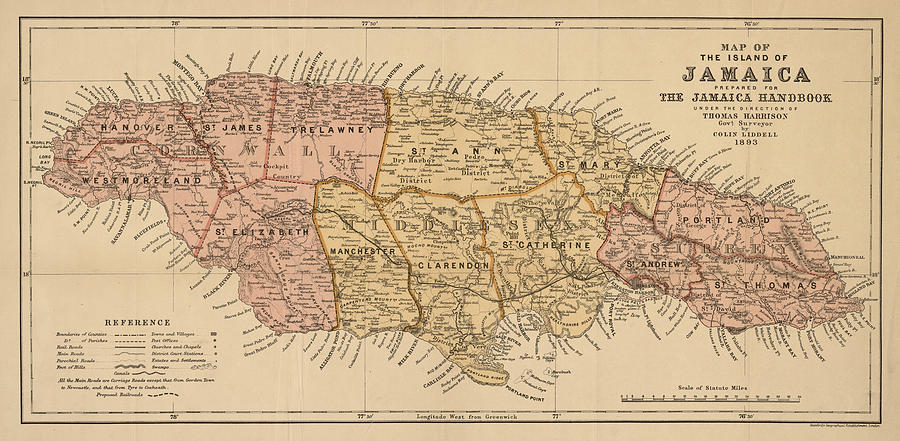
Jamaica
“Don’t worry, be happy” is not only one of Bob Marley’s most famous intonations but a lens through which to understand the playful sense of humor that is prevalent throughout Jamaica. Jamaican humor ranges from dry, understated banter to outrageously irreverent storytelling, which is served well by the rich vocabulary of Patois — the native Creole language has a vast arsenal of phrases to deploy, often to wickedly funny effect. There’s a teasing nature to the style of humor, and — if you don’t understand exactly what’s being said — a “ya mon” will suffice.
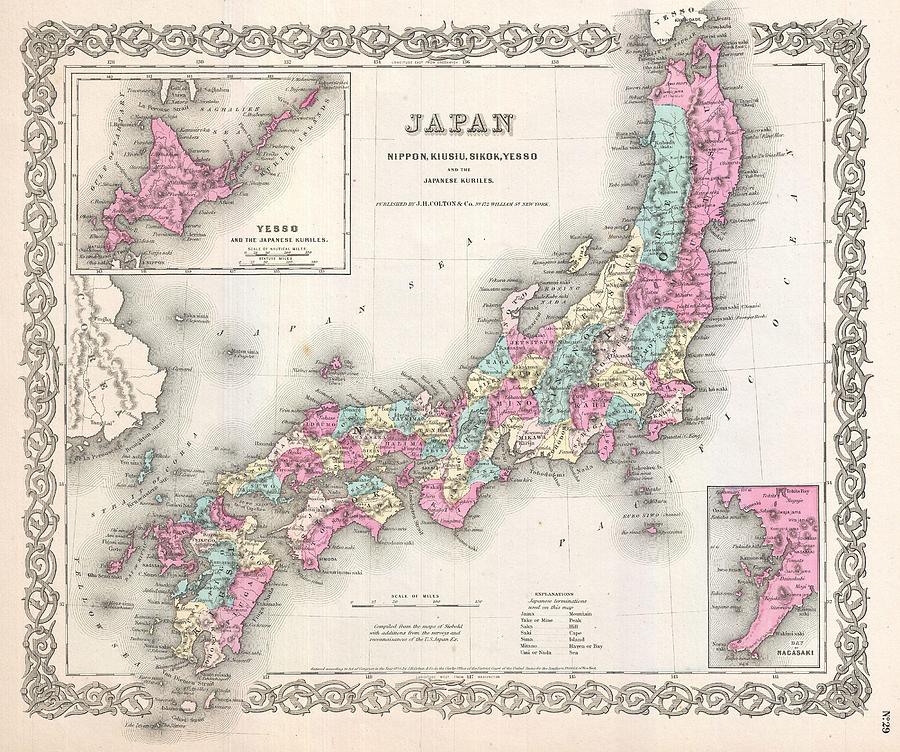
Japan
Japan has a rich comic history — the rakugo-ka (entertaining storyteller) dates back 400 years — and a boundless love of wordplay (many words in Japanese sound the same but are written differently, providing ample material for comedy). But, while humor can be used to break the ice in the US, in Japan, you must get to know your company first as a matter of decorum. Once someone shares a witty aside, you know you’ve been accepted. And, for the first joke you tell, make sure the joke is on you — sardonic self-deprecation is a Japanese trademark.
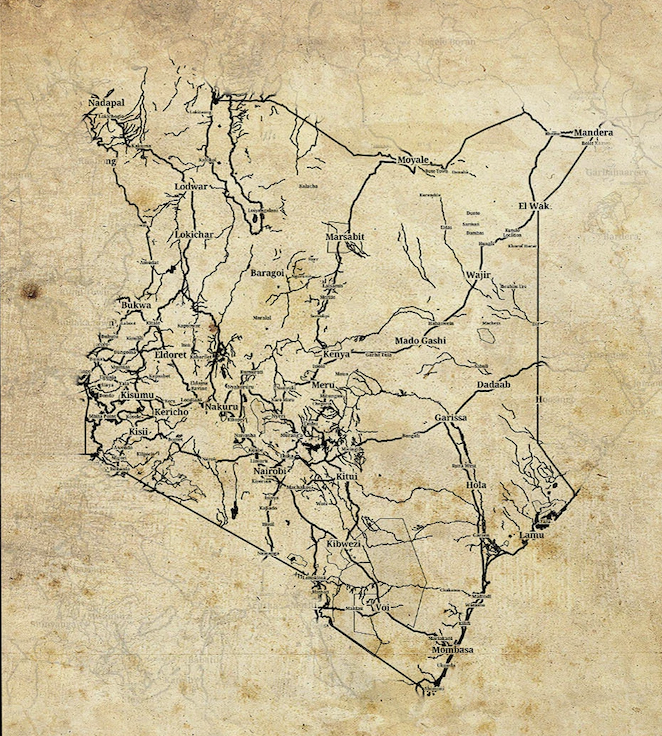
Kenya
Kenyans, like Americans, are quick with a smile — and also a laugh. And, in another similarity to the US, these laughs tend to be enthusiastic and (if the joke is good enough) similarly loud. There is a North Swahili tradition of practical jokes, teasing, and mocking that’s good-natured and — if you’re lucky enough to be on the receiving end — a sign of belonging. If you return the energy you’re given — kind, open, direct — the irreverence will progress from there. If you’re open to it as a visitor, the laughs won’t stop coming.
Other articles you may like:

